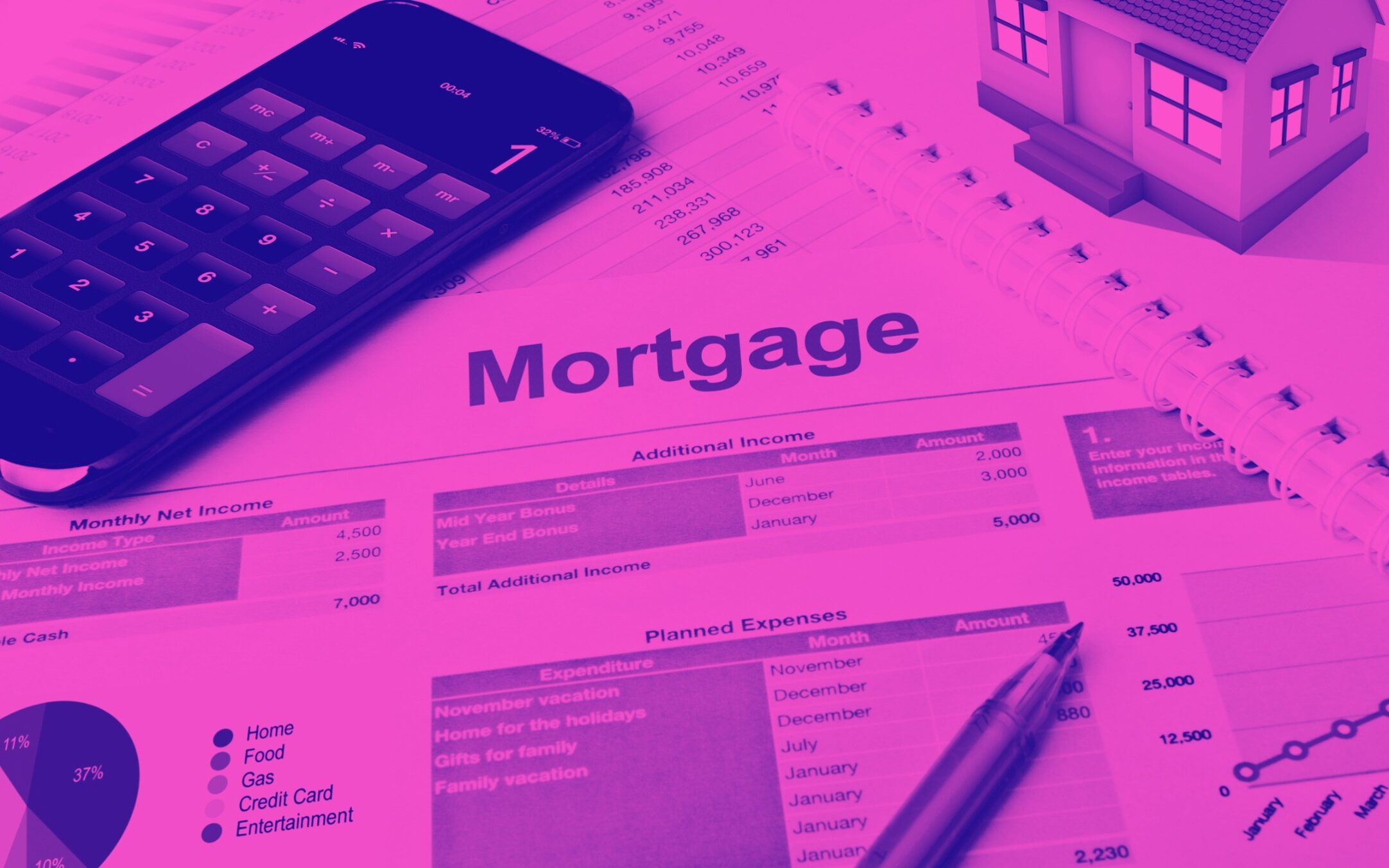How Increasing Federal Debt Affects Mortgage Affordability

Table of Contents
The Relationship Between Federal Debt and Interest Rates
Increased federal debt often leads to higher interest rates. The government needs to borrow money to finance its debt, increasing the demand for loanable funds and pushing interest rates upward. This fundamental economic principle directly impacts the cost of borrowing for everyone, including mortgage borrowers.
-
Increased government borrowing competes with private sector borrowing. When the government borrows heavily, it competes with businesses and individuals for available capital. This increased competition drives up the price of borrowing.
-
Higher demand for funds drives up the cost of borrowing for everyone, including mortgage borrowers. This means that mortgage rates, both fixed-rate mortgages and adjustable-rate mortgages, will likely increase.
-
The Federal Reserve's actions in response to high debt levels can also influence interest rates. The Federal Reserve (the Fed) may raise interest rates to combat inflation, which can be exacerbated by high levels of government debt.
-
The impact can be seen in both fixed-rate and adjustable-rate mortgages. While fixed-rate mortgages offer predictable monthly payments, adjustable-rate mortgages are more susceptible to fluctuations in interest rates, creating uncertainty for borrowers.
How Higher Interest Rates Affect Mortgage Affordability
Even a small increase in interest rates can significantly impact the affordability of a mortgage. Higher rates translate to higher monthly payments, making homeownership more challenging for many potential homebuyers.
-
Increased monthly payments reduce the amount a buyer can afford to borrow. A higher interest rate means a larger portion of your monthly payment goes towards interest, leaving less money available to pay down the principal. This effectively reduces the amount you can borrow.
-
Higher interest rates can shrink the pool of potential homebuyers. Many individuals will be priced out of the market, especially first-time homebuyers with limited savings.
-
The impact is particularly significant for first-time homebuyers with limited savings. They often rely on smaller down payments and are more vulnerable to changes in interest rates.
-
It can also lead to a decrease in home values in the long run. If fewer people can afford to buy homes, demand decreases, which can put downward pressure on home values.
Inflation and its Influence on Mortgage Affordability
High levels of federal debt can contribute to inflation. When inflation rises, the purchasing power of money decreases, making it more expensive to buy a home. This is another crucial aspect of the relationship between increasing federal debt and mortgage affordability.
-
Inflation erodes the value of savings, making it harder to save for a down payment. The money you save today may buy less tomorrow due to inflation, making it more difficult to accumulate enough for a down payment.
-
Rising prices for building materials and labor increase the cost of new homes. Inflation increases the cost of constructing new homes, pushing up prices for both new and existing properties.
-
The Federal Reserve often raises interest rates to combat inflation, further impacting mortgage affordability. This creates a double whammy for potential homebuyers: higher interest rates and higher home prices.
-
Inflation affects the overall cost of living, impacting a borrower's ability to manage mortgage payments. Rising prices for groceries, transportation, and other necessities reduce disposable income, making mortgage payments more burdensome.
Government Policies and Mortgage Affordability Programs
The government sometimes introduces programs to mitigate the effects of increasing federal debt on homeownership. These programs aim to support homebuyers and stabilize the housing market, but they often have limitations.
-
Government-backed mortgage insurance programs reduce the risk for lenders, potentially making it easier to qualify for a mortgage.
-
Tax incentives for homebuyers, such as deductions for mortgage interest, can help to make homeownership more affordable.
-
Subsidized housing programs offer assistance to low- and moderate-income families.
-
Limitations of these programs and their effectiveness in addressing the issue. These programs often have income restrictions and other eligibility requirements, leaving many potential homebuyers without assistance. Furthermore, the effectiveness of these programs in offsetting the impact of rising interest rates and inflation can be debated.
Conclusion
Increasing federal debt significantly impacts mortgage affordability through its influence on interest rates and inflation. Higher interest rates lead to increased monthly payments, making homeownership less accessible, while inflation erodes purchasing power and increases housing costs. While government programs exist to assist homebuyers, they are not always sufficient to counter the effects of rising debt.
Understanding the relationship between increasing federal debt and mortgage affordability is crucial for both potential homebuyers and policymakers. Stay informed about economic trends and government policies affecting mortgage rates and plan accordingly to navigate the challenges of increasing federal debt and mortgage affordability. Learn more about managing your finances effectively during periods of high debt to improve your homeownership prospects.

Featured Posts
-
 Johnny Mathis Farewell Tour One Last Performance
May 19, 2025
Johnny Mathis Farewell Tour One Last Performance
May 19, 2025 -
 Jennifer Lawrence And Cooke Maroney New Photos Surface Following Baby 2 Speculation
May 19, 2025
Jennifer Lawrence And Cooke Maroney New Photos Surface Following Baby 2 Speculation
May 19, 2025 -
 Kibris Ta Direkt Ucuslar Tatar In Son Goerueslerinin Etkisi
May 19, 2025
Kibris Ta Direkt Ucuslar Tatar In Son Goerueslerinin Etkisi
May 19, 2025 -
 Trump In Gazze Paylasimi Sok Edici Ayrintilar Ve Skandalin Ardindaki Gercek
May 19, 2025
Trump In Gazze Paylasimi Sok Edici Ayrintilar Ve Skandalin Ardindaki Gercek
May 19, 2025 -
 You Tuber Arrested For Spying Isi Connection And Punjab Espionage Ring
May 19, 2025
You Tuber Arrested For Spying Isi Connection And Punjab Espionage Ring
May 19, 2025
